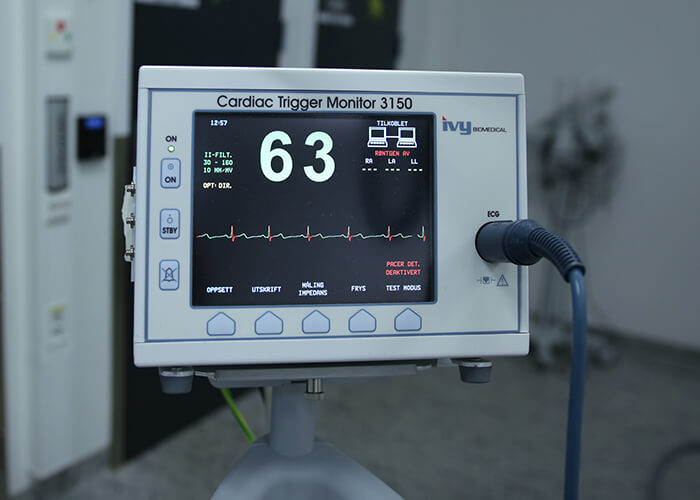Heart failure
Cardiac insufficiency
In principle, any heart disease can lead to heart failure (cardiac insufficiency). The most common cause, however, remains coronary artery disease. This is a circulatory disorder of the heart. Other common causes include heart muscle and valve disorders.

